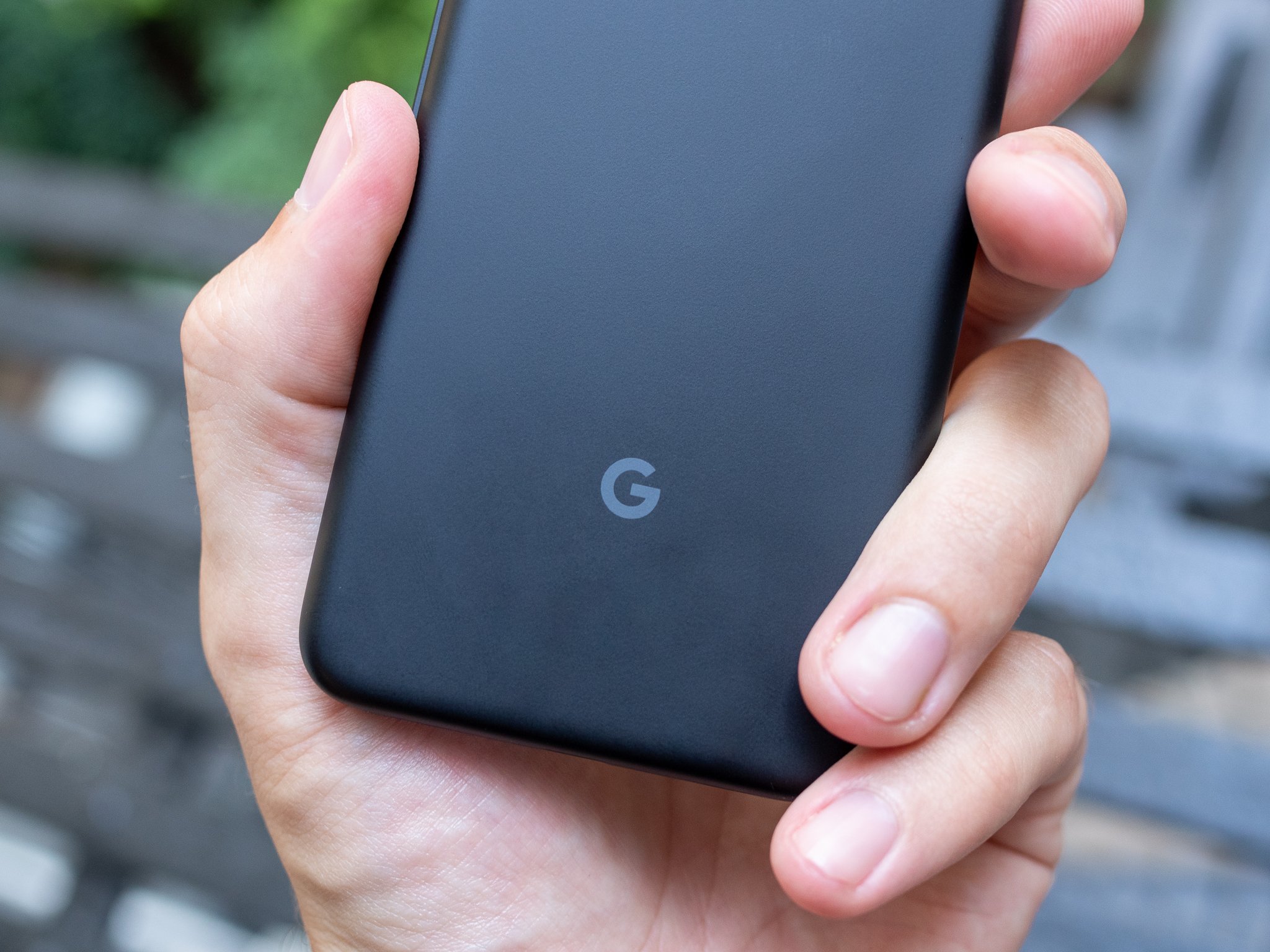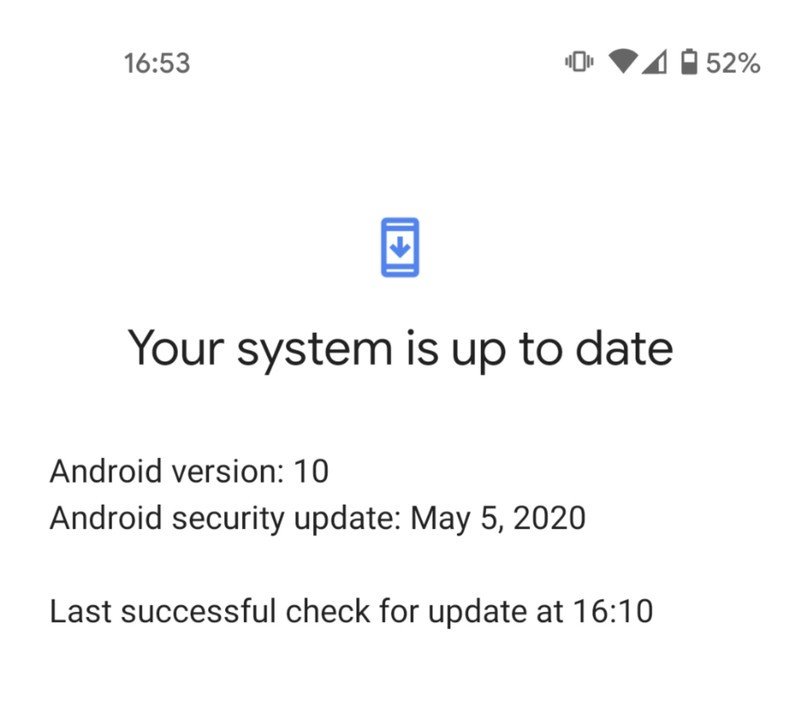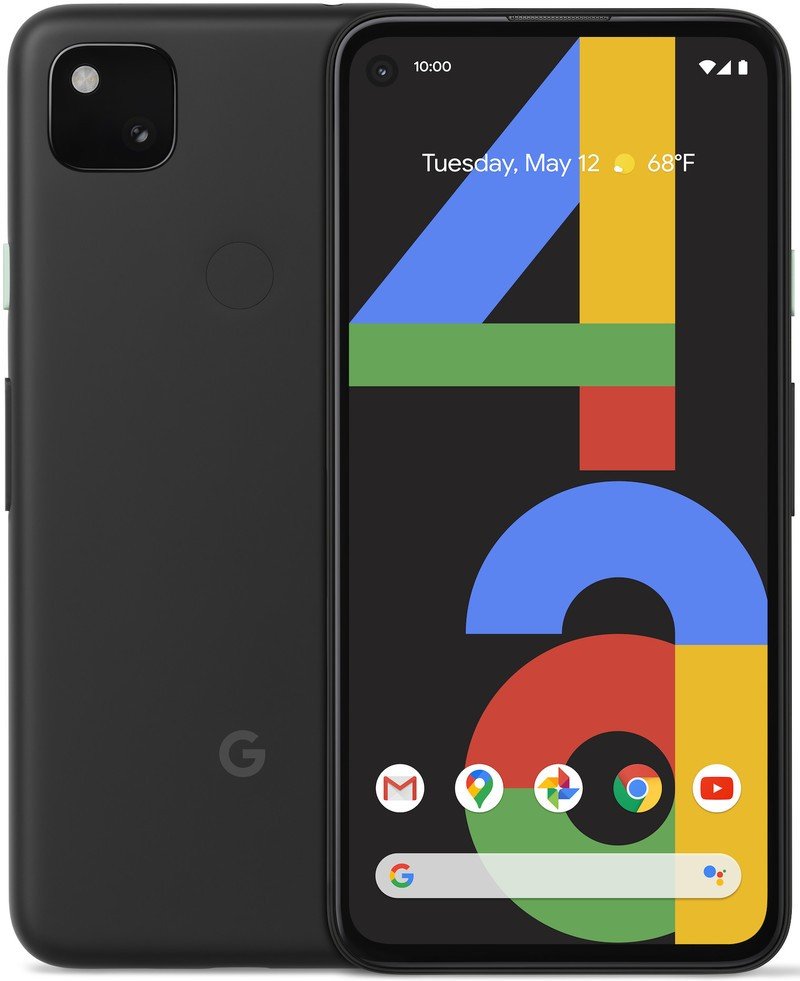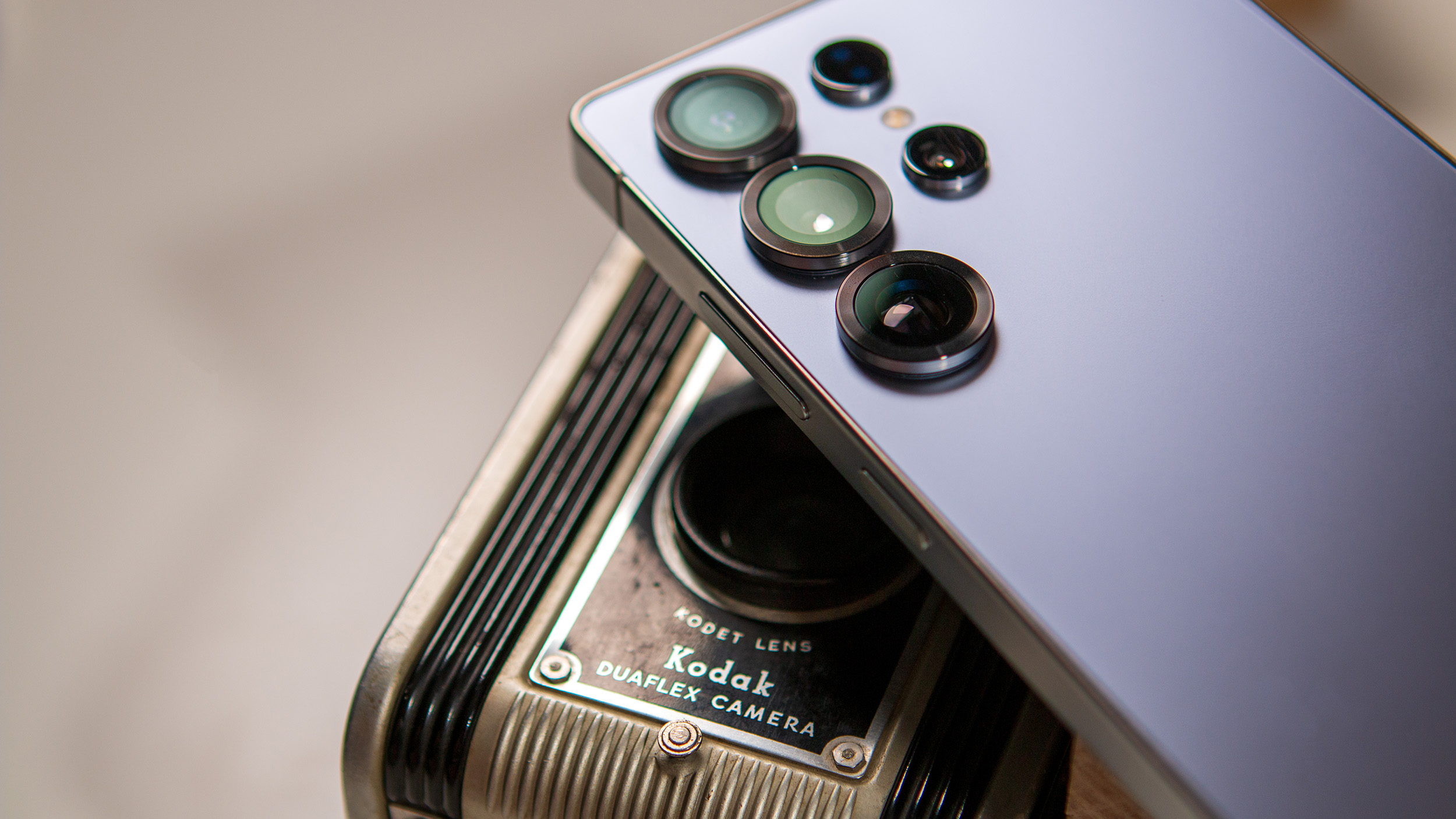Here's more evidence Google expected to launch the Pixel 4a in May

The Pixel 4a's drawn-out and winding path to being announced, eventually in August, is well-chronicled. We all initially expected it to launch far earlier in the year, likely in May to coincide with Google I/O (that ended up not happening) and match last year's 3a launch. But that window came and went, and rumors stacked up pointing to a late May launch, then a June launch, then a July launch ... and eventually, we all just said "it'll happen when it happens."
There are, obviously, many external factors at play here that could've gotten in the way. Google's teams being pushed to work remotely by office shutdowns, and supplier constraints coming out of Asia, would be enough to delay any phone. But how much was the Pixel 4a actually delayed? My guess is at least three months.
When I received my Pixel 4a review device (as did our own Alex Dobie), fresh and sealed in a retail box, the first thing I did was open up the system settings to see what software it was running. Somewhat unsurprisingly, it came out of the box with the May 5 security update. That lines up perfectly with phones that Google would've expected to be shipping in early May, a one-year jump from the Pixel 3a.
But what hit me harder is looking at the versions of Google apps that were preloaded on the phone, which were incredibly old. A stark bellwether was Google Maps, which came out of the box with a version that still had its old icon that was refreshed back in February — yeah, these phones passed Google's own GMS certification that long ago. Yikes.
This of course closely follows what we found with the Pixel 3a. The 3a, which so conveniently launched at Google I/O 2019, was clearly delayed by at least two months to land there. Not nearly as pronounced as the 4a's delay, and obviously within a different set of circumstances, but the two delayed launches add up to a real head-scratcher.
There were a lot of factors at play here, but the end result looks really bad.
I previously advocated for Google to pull the plug on the 4a and rebrand it all as the Pixel 5a, which based on what we see on the outside would've been the best move. In very confusing fashion, the Pixel 4a is going to in many cases hit stores just a couple weeks before the Pixel 5. But with more information, it's clearer to me now that Google had every intention of getting the 4a out to market several months earlier than it did. The 4a was in the pipeline so long, and the launch day just slipped and slipped several times with what seems like little notice, to the point where it would've been prohibitively expensive and cumbersome to try and rebrand everything to "Pixel 5a."
The crazy thing is that these phones will have been in their boxes so long that they're going to jump up three-to-four months of security patches. And in some cases, like the UK and parts of Europe, where the 4a isn't shipping until mid-September, even early buyers could be taking their phone out of the box with an update to Android 11 waiting for them.
Get the latest news from Android Central, your trusted companion in the world of Android
Google needs to figure out what the heck it's doing with its Pixel launch strategy.
I understand that Google doesn't want to launch the "a" version alongside the higher-end main Pixel phones, for fear that it would be somewhat confusing and cannibalize sales. But the situation we've seen play out with both the Pixel 3a and 4a is no better — launching the 3a seven months after the Pixel 3, and 4a 10 months after the 4 just looks bad. The staggered launch ends up being equally confusing as products from different generations overlap in stores for several months at a time. The only thing Google has going for itself is consistency of software, which updates at the same cadence across the entire Pixel lineup, but that's about it.
No matter the cause of the Pixel 4a's delay, Google needs to seriously reconsider its launch strategy with these two tiers of phones. Because what it's doing now is nowhere near ideal.

Andrew was an Executive Editor, U.S. at Android Central between 2012 and 2020.


